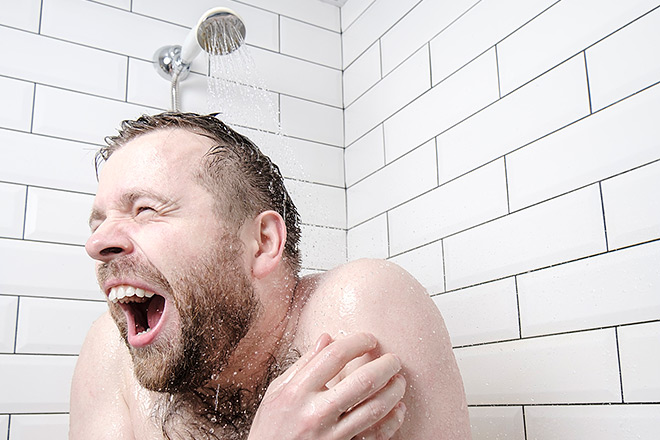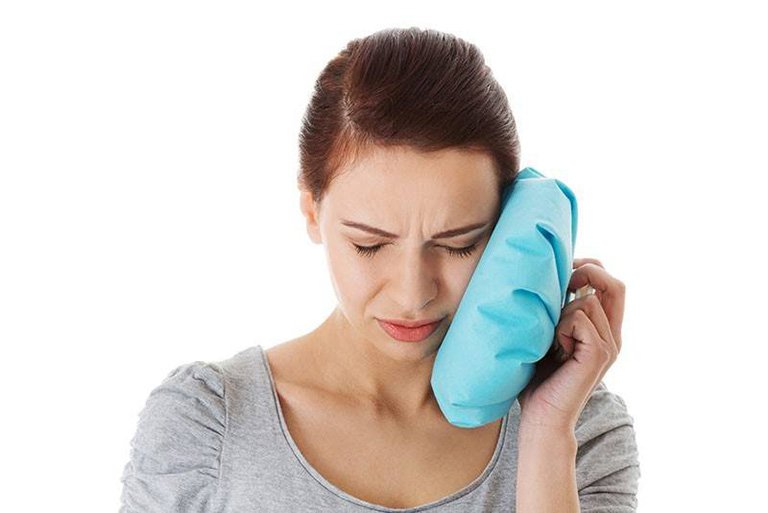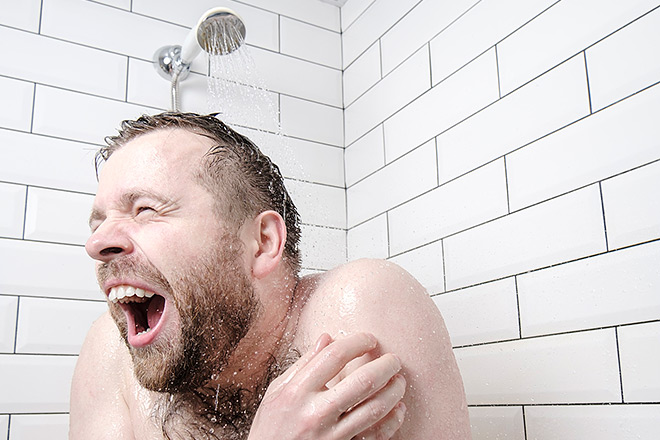
The removal of the third molars, also known as the wisdom teeth, are a common procedure as they often become impacted and cause pain.
Having your wisdom teeth removed can be a scary and overwhelming experience, but with proper care and attention, the recovery process can be smooth and comfortable. Prior to your surgery, you may have several concerns on the best way to care for the surgical site and how to heal properly.
One common questions posed by patients is whether they are able to shower the day after having their wisdom teeth removed.
The answer is YES, you can shower after your wisdom teeth removal surgery. However, it is important to know that while showering is allowed, there are certain precautions you should take note of.
In this article, we will take an in-depth at the guidelines for showering after wisdom teeth removal. With this information, you will be better prepared to make a full and successful recovery after your surgery.
Showering After Wisdom Teeth Removal
For some, showering after wisdom teeth present risks as your post-surgery body is still in a state of weakness. A patient who just had a surgery may experience lightheadedness and is not in the best state of mind and health to take a shower.
Adding on, a patient undergoing a wisdom tooth removal will likely have local anesthesia to numb the area where the wisdom teeth is. This is a cause of concern as the body may have yet to recover from the anesthesia.
That said, showering after the surgery is not a major cause of concern so long that the anesthesia has worn off completely and that the patient has taken the necessary precautions. While it is also advisable to wait for at least 24 hours after the surgery to give time for the initial clot to form and to stop the bleeding, it is not really necessary.
Lastly, the recovery period after wisdom tooth extraction can take several days. Did you expect it to be acceptable to not bath or shower for the duration of time? Obviously not!
Precautions When Showering
If you just had your wisdom teeth removed and is going to take a shower, it is best that you take note of the following to avoid complications:
- Avoid scrubbing your face too vigorously. After the surgery, the gum and cheek is likely sore and swollen. You should avoid agitating the surgical site or you risk dislodging the blood clot. When this happens, the nerves and bones where the teeth was removed are exposed to the elements, causing extreme pain and sensitivity. This is a condition known as dry socket.
- Avoid taking a warm or hot shower. A hot shower will increase the temperature of your body and dilates your blood vessels, causing your blood pressure to be lowered. A prolonged, hot shower combined with a weakened body may cause you to pass out.
- Avoid gargling or submerging your face in bath water. During the first few days of your post-surgery, the surgical site is still highly susceptible to an infection. To avoid irritating the wound and causing complications, do not rinse your mouth with unsanitized water.
You may be interested in: What Are The Benefits Of Keeping Wisdom Teeth?
As such, if you are looking to have a shower after having your wisdom teeth removed, opt for a short, cooling shower to jolt the body awake. If you are looking to have a warm shower, take it the day after the surgery when the body have recovered from the surgery.
If you feel uneasy showering after the surgery, consider keeping your head dry. This will minimize the chances of getting your mouth in contact with the bath water while ensuring that you can have a nice bath.
Speeding Up the Recovery
After the removal of your wisdom teeth, it is imperative that you avoid any strenuous activity and get sufficient rest. Additionally, here are some steps you can take to speed up your recovery:
- Take your medication. Take pain medications as prescribed by your dentist or oral surgeon to control pain and discomfort. Depending on the state of your health and the surgery, you may be prescribed antibiotics by your dentist to prevent an infection.
- Apply cold compress. Apply ice packs to the swollen area for 20 minutes at a time to reduce swelling. Repeat this several times a day for the first 48-72 hours after the procedure.
- Go on a soft diet. Stick to a liquid or soft diet for the first week after the surgery, and gradually introduce solid foods as you feel comfortable. Example of soft food are mash potatoes, scrambled egg, cooked pasta, and cereal. Avoid foods that are hard, crunchy, or spicy, as they can irritate the surgical site and cause an infection.
- Avoid smoking. Smoking can slow down the healing process, so it is important to avoid smoking for at least 24 hours after the procedure.
- Do a daily mouth rinse: Rinse your mouth with a warm salt water solution (1/2 teaspoon of salt in a cup of water) several times a day to reduce swelling and prevent infection.
- Attend follow-ups. This allows your dentist or oral surgeon to monitor your post-surgery recovery and to identify any possible concerns with regards to the healing of your wound.

While taking the steps above can speed up your healing, one should know that everyone recovery at a different pace and may take longer and shorter than expected. That said, if you are experiencing prolonged pain and swelling after your surgery, always consult your dentist or oral surgeon for advice.
Takeaway
In conclusion, showering after wisdom teeth removal is a crucial part of the recovery process, but it’s important to do so in a way that promotes healing and avoids infection. By following the guidelines outlined above, such as avoiding scrubbing your face too vigorously, not taking a hot and prolonged shower, and not using the bath water as a mouth rinse, taking a shower after the removal of your wisdom teeth is not a problem.
Adding on, you can speed up the recovery process of your wound by going on a soft diet, applying cold compress, and doing a daily mouth rinse. Last but not least, Be sure to follow all instructions provided by your oral surgeon and reach out to them if you have any questions or concerns. With proper care and attention, you can make a full and successful recovery from wisdom teeth removal.







